A grain of truth
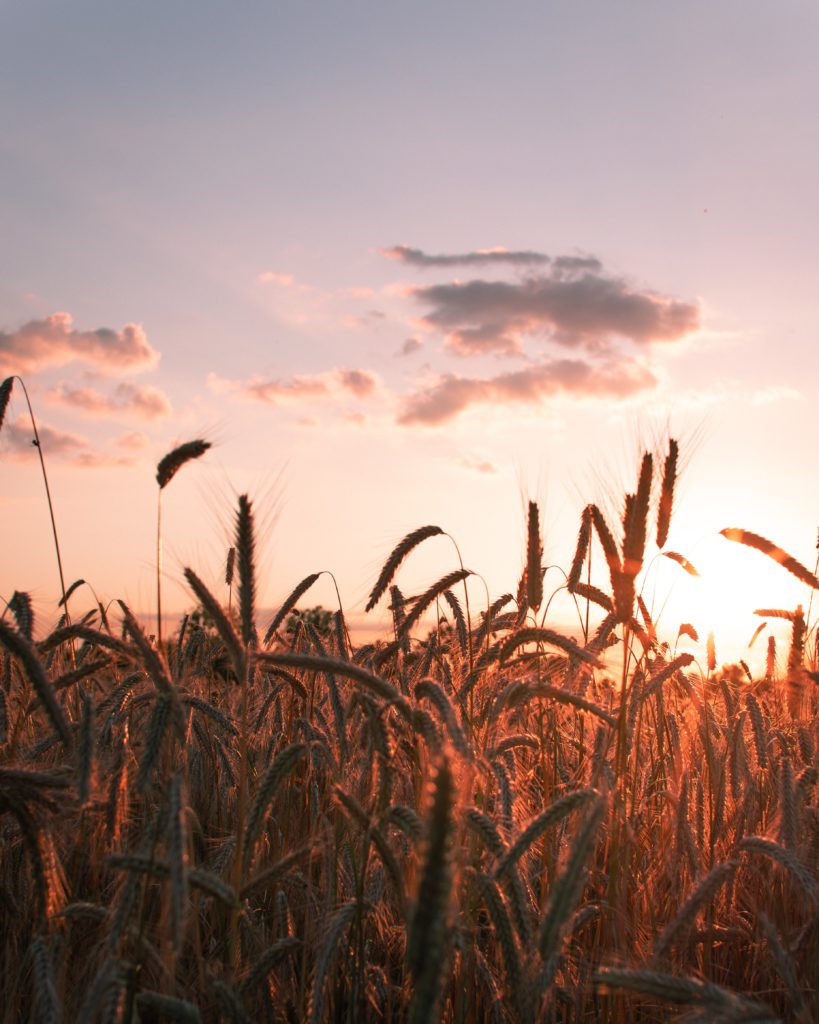
Welcome back my fellow bread Ed seekers. On today’s slice, we will digress from our usual sourdough discourse to address some weighty wheat matters faced by the industry.
Knowledge is ultimately incomplete and inconsequential if it does not aid a cause.
As members of a community named in honor of our beloved wheat, it’s our duty to gain and spread consumer awareness in the name of this cause. And to influence a change in the adulterated market.
Our core beliefs have always been about helping our consumers recognize and appreciate pure, unadulterated produce. We will also always be here to troubleshoot your sourdough problems. But no amount of baking advice can make up for lack of knowledge about quality ingredients. The community, Dough, was built on the principle of introducing wholesome, ethical products, and inspiring change.
The Change
The market is forever evolving. Change is prevalent and constant. Big brands and popular household names have been a part of the wave of change. A range of healthy alternative products had once swarmed the marked. Biscuits made of oat, ragi, almond, and wheat, wheat-flour variant of instant noodles etc. These introductions to the market caused a consequential shift. The overall health and wellness food products segment crossed the 10,000 crore sales mark in 2015. Although it comprises less than 10% of the overall food market, it is a milestone nonetheless.
Our concerns are for the consumers responsible for the rest of the 90%. It seems like health takes the back seat in the face of processed sugary cookies and some refined fluffy white bread. Change, albeit inevitable, does have some sweet pernicious setbacks.
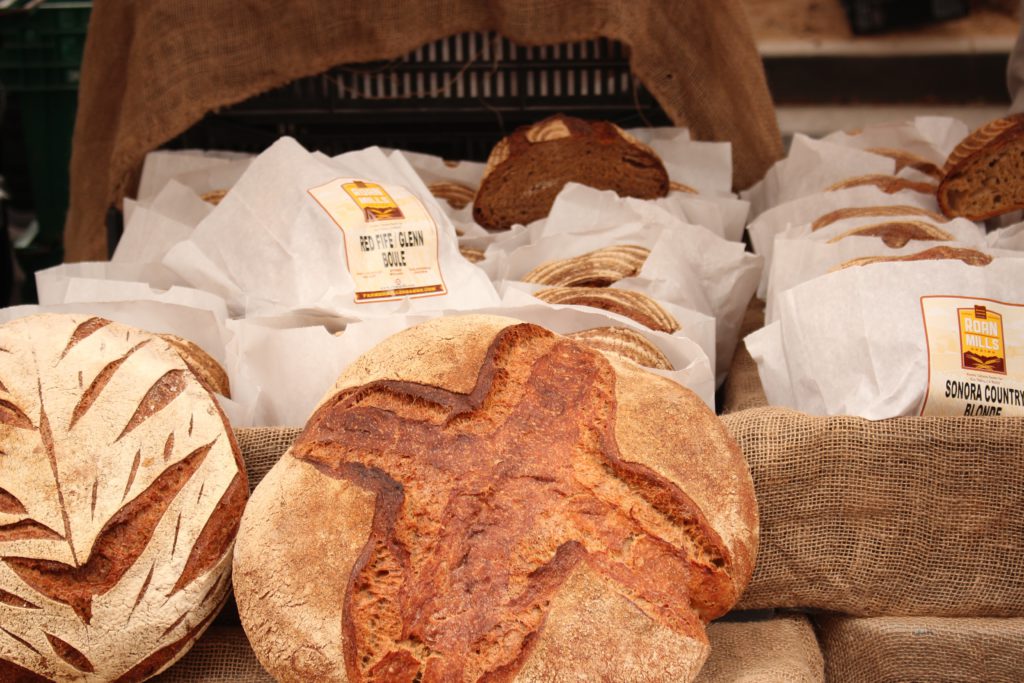
The Setback
The bakery industry of India was valued at 7.22 billion USD in 2018. It is one of the largest Maida consuming channels in the food processing sector in India. Traditional bakeries have been using Maida as a primary ingredient in production. The small pool of health-conscious individuals is yet to match the skyrocketing demands for refined and processed baked products.
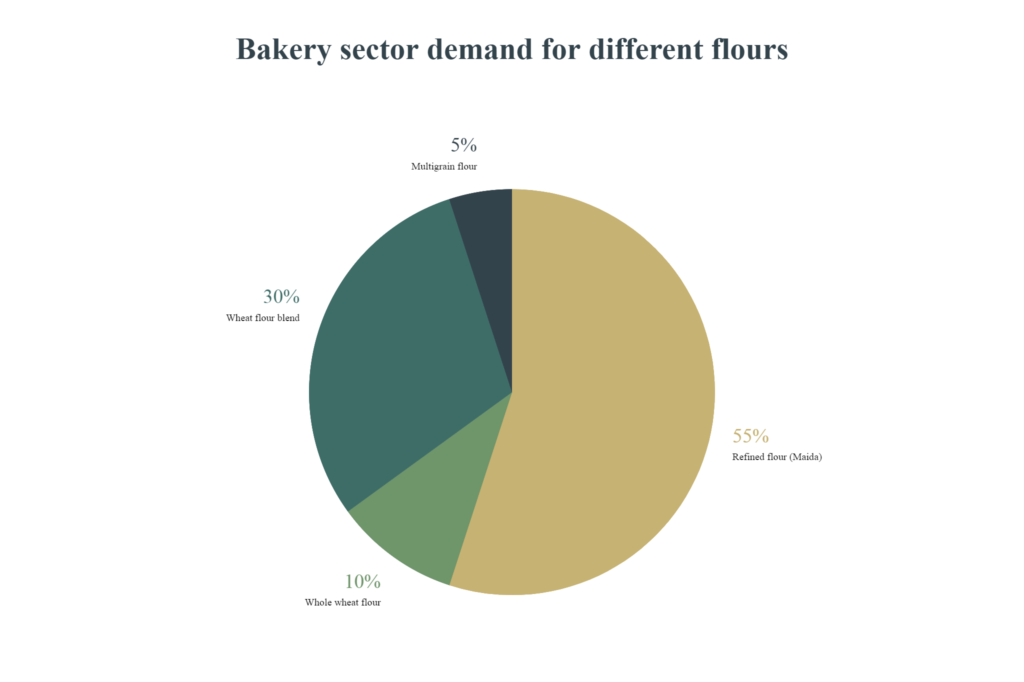
The way to cause a monumental shift in the current market state is to influence the biggest channel of unhealthy consumption. One way to do this is by spreading education about the ingredients used.
Wheat education
When speaking of health, it doesn’t come as a surprise that the fibrous and nutrient-rich whole wheat would be the better choice. But the wide range of ailments that can be prevented by regular whole wheat consumption is quite a revelation. The rich source of magnesium found in wheat is linked to improved insulin sensitivity. Wheat bran also contains the highest levels of betaine of all plant-based foods. This betaine reduces chronic inflammation linked to multiple medical conditions such as; heart disease, osteoporosis, cognitive decline, Alzheimer’s, and type-2 diabetes. Refined wheat (Maida) on the other hand is primarily starch. It is high in sugar content, low in nutrition density, and therefore the least advisable option. Maida is also known to cause metabolic disorders due to a lack of fiber.
But this doesn’t mean that all kinds of whole wheat are equally beneficial. Neither does the local mill flour help diabetics. Nor do the generic flour brands provide unadulterated nutritious flours. So our health concerns shouldn’t end here at the shallow end of the education pool.
All these health benefits are perceived along with the assumption that the bioavailability of these nutrients is the same in all the supposed whole wheat flours available in the market. By making this assumption we would be expecting a utopian market scenario where products are unadulterated, pure, and exactly what they claim to be. Unfortunately, that is an unrealistic picture. The current wheat flour market requires the consumers to be smarter, more aware, and be able to recognize genuine quality.
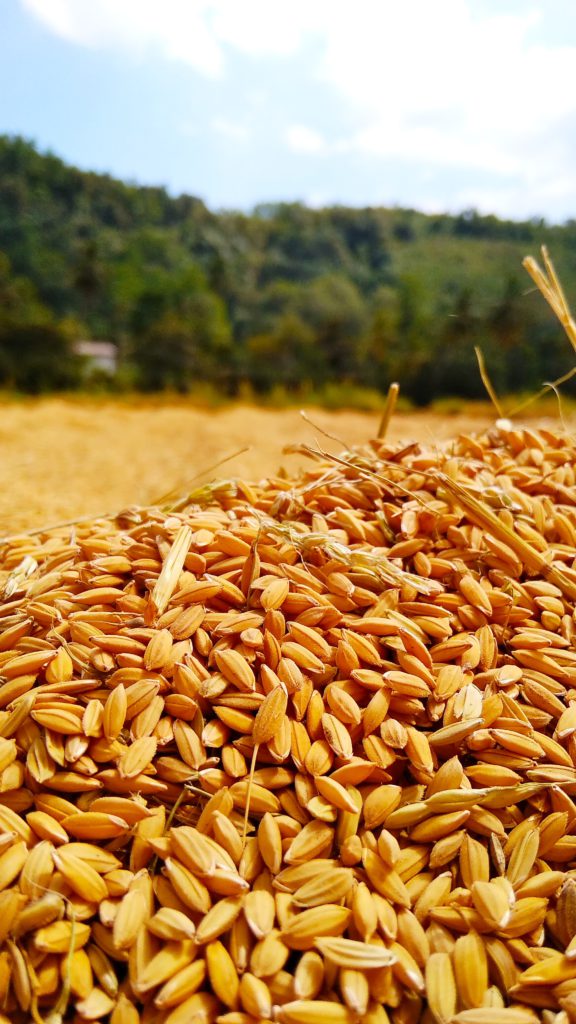
Genuinely wholesome
Genuine products refer to the ones that are all that their packaging deems them to be. Many products claim nutritional superiority. They do so by displaying vague implications on the cover. However, they do not provide a guarantee of a hundred percent pure and unprocessed product like Indie or Reliq. Often packaging also omits the mention of bleaching and preserving additives inside the product. There are so many other instances of careful labeling and advertising used by companies to manipulate consumer’s perceptions. Once we learn to analyze these marketing gimmicks, once trusted brands unravel before us. It becomes harder to go back to the blissfully ignorant stance we previously held.
On the flip side, a large section of Indian consumers put their faith in local nonproprietary mills. This unfailing trust in the humble “Chakki ka Atta” is based on the idea of big corporations not being genuine. While this could be true to some extent, it also suggests that since the misleading advertisement is wrong, no advertisement and no guarantees must be better. As much as we’d like to support our local produce, the reasoning observed here is quite problematic. There have been multiple reported cases of suffering consumers due to adulterated flours from mills. A simple Google search would be enough to rid you of all your blind faith.
This is not an argument against big corporations, nor is this a means to demean small scale local mills. But an effort in enforcing the idea of making educated decisions.
Hope
Although it might be a little disappointing to have all bubbles being burst at once, we can learn to trust again with a renewed sense judgment. This article is only a glimpse of the dark side of the market from a different time. As iterated throughout this article, times are changing. There have been a few rays of hope since then.
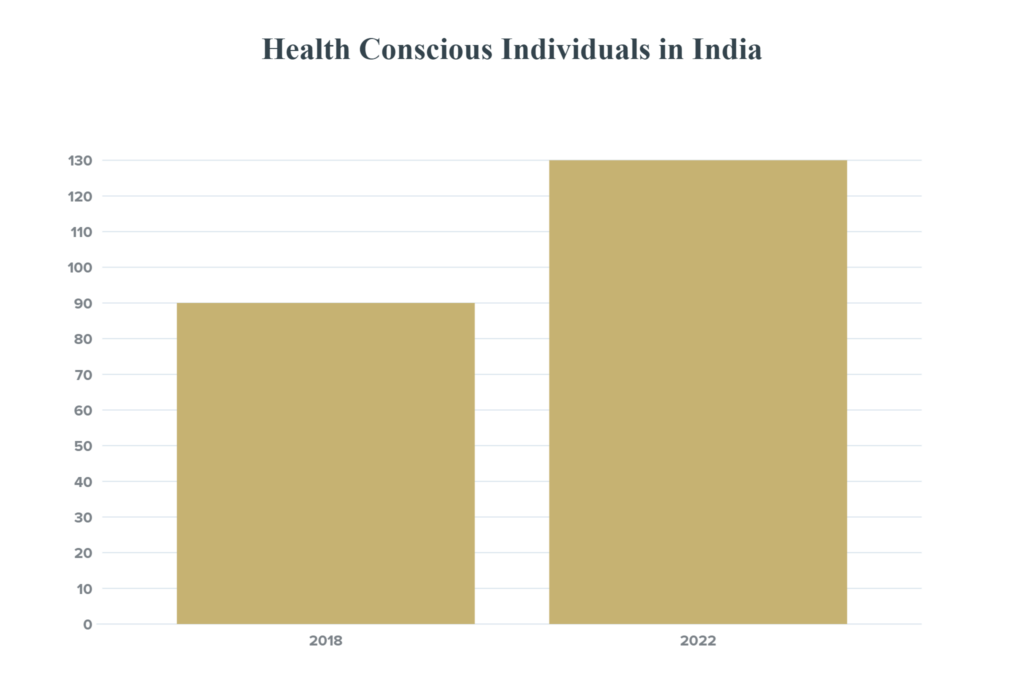
According to reports from 2018, India was reported to reside 90 million health-conscious individuals which include people willing to take preventive measures for their health and actively contributing to the demand for healthy lifestyle supporting products (such as Flour X) The rising rate of urbanization is expected to cause the number of these health-conscious individuals to grow at a tremendous rate of 1.4 X and be 130 Million by 2022.
The education around unadulterated produce and ethical production might not have mainstream popularity yet. But it does have a spotlight. Consumer awareness is increasing with new trends emerging every day. The presence of niche markets like plant-based and unprocessed whole foods, is prominent now more than ever.
At the end of the day our purpose here is not to resent what might have been, but to aspire to do what can be done. To learn from the past and put an effort into the future. To be the change we want to see.
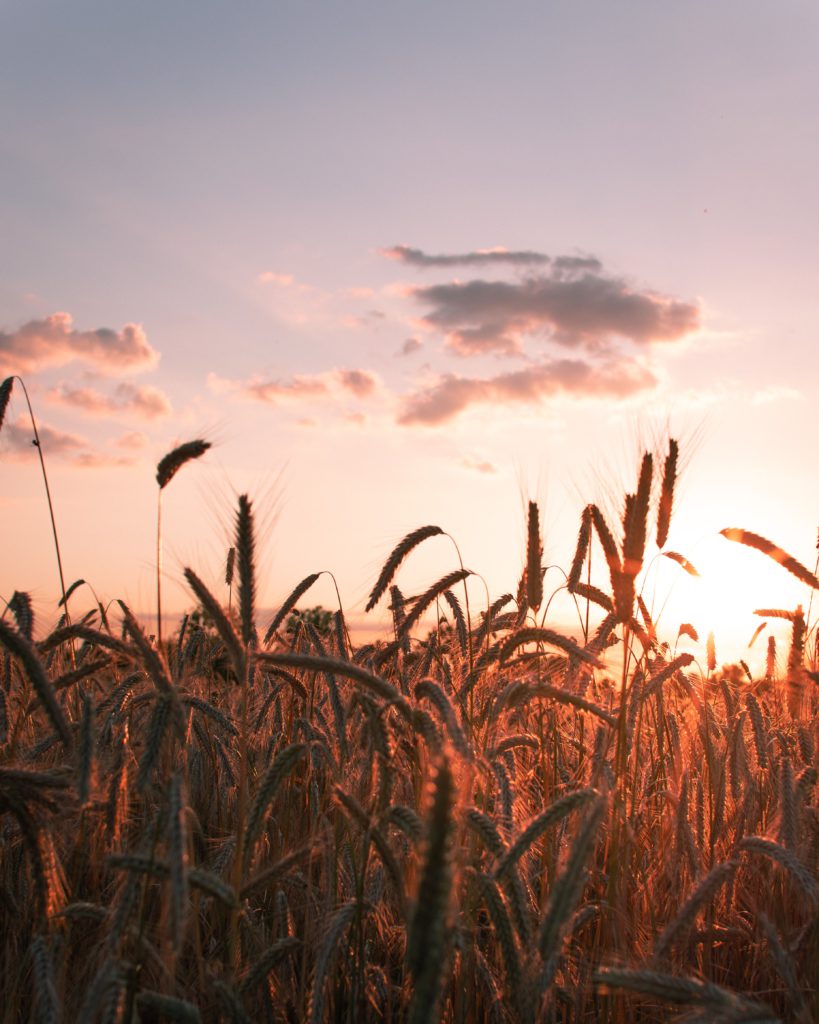


how does one goahead and prepare the bake dough of the Trial flour TWF 8615? How much water, temp, raising time if any, baking temp, recommended container??? The information is neither on the packet, nor on amazon from where I bought the packets, nor on the website of TWF?
If you could help troubleshoot this, I will be grateful Himanshi.
Thanks, Stay Safe